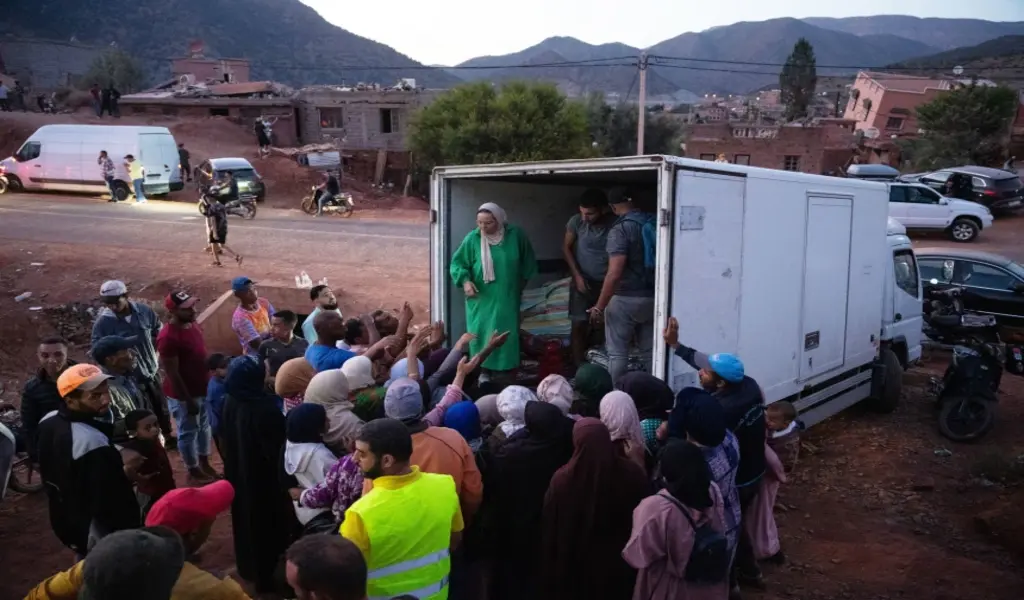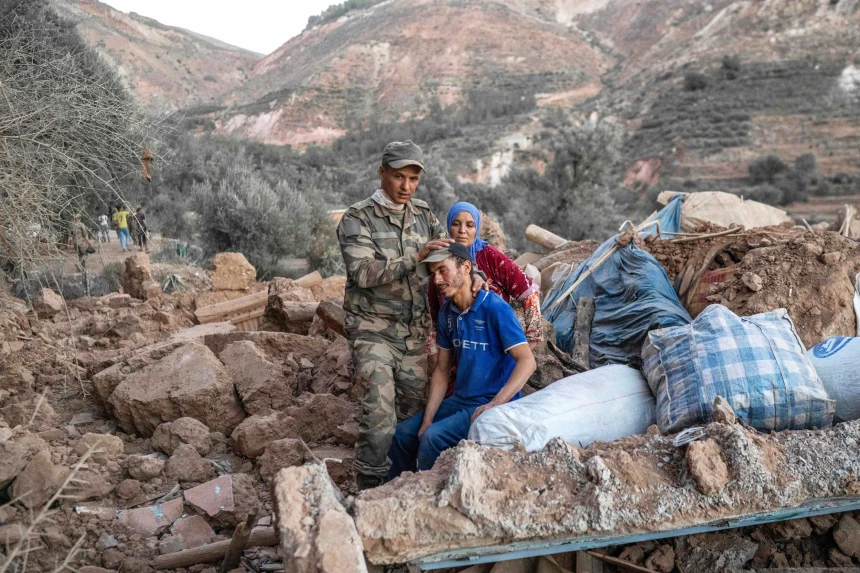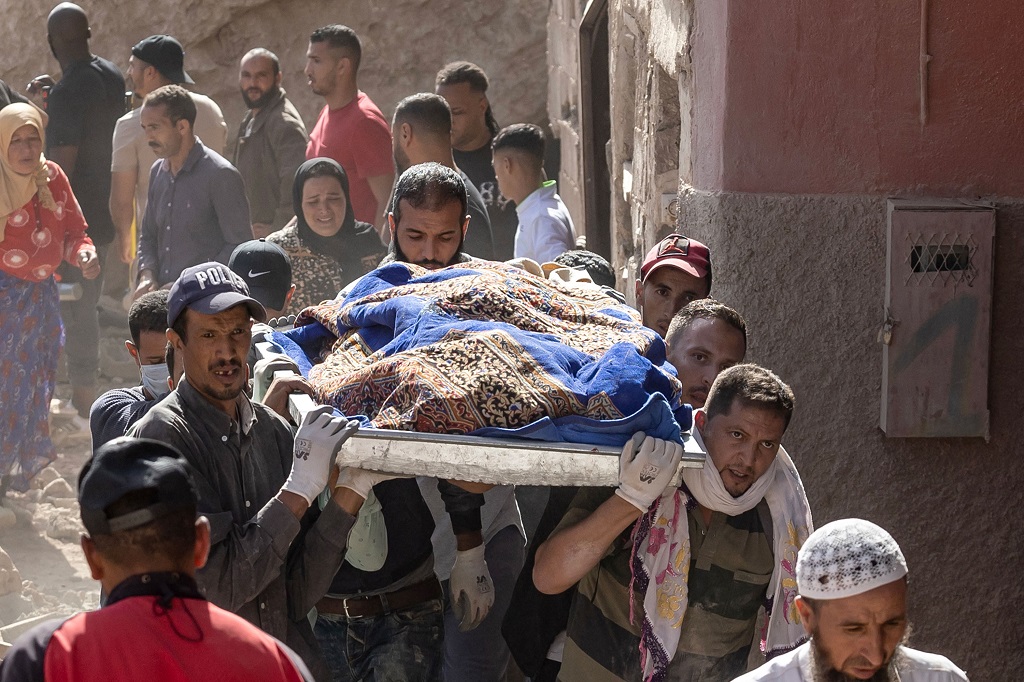(CTN News) – Three days after a devastating earthquake struck Morocco, the affected communities are still waiting for government assistance. The earthquake, which has claimed the lives of at least 2,800 people, has raised questions about the Moroccan government’s response and its apparent reluctance to accept foreign aid.
This article delves into the challenges faced by the earthquake survivors and the geopolitical factors that may be influencing Morocco’s approach to receiving international assistance.
Challenges Faced by Earthquake Survivors:
Abdul Karim, a resident of a village south of Marrakech, expressed the frustration of many survivors as they wait for help. They seek basic necessities like shelter and food, as their homes have been damaged or destroyed. Some have even resorted to digging through rubble themselves, as rescue crews reportedly arrived late.
The Moroccan Government’s Response:
Surprisingly, the Moroccan government and King Mohammed VI have remained relatively quiet in the wake of this natural disaster, releasing only a few brief statements. This has left many wondering why the government has not been more proactive in addressing the crisis.
International Aid Offers and Controversy:
Several countries, including the United States and France, have offered assistance, but Morocco’s response to these offers has raised eyebrows. While Secretary of State Antony Blinken expressed readiness to help, he indicated that the Moroccan government had not yet accepted assistance. France, Morocco’s former colonial ruler, was told that its help was not needed. This has led to speculation about Morocco’s motivations, with some experts suggesting geopolitical considerations may be at play.
Geopolitical Factors at Play:
Morocco’s selective acceptance of aid appears to be influenced by a mix of pride and political considerations. The refusal of aid from France, its former colonial power, is not surprising, as historical tensions often come into play in such situations. Additionally, Morocco is cautious about accepting aid from the United States due to concerns about perceived interference in its affairs.
Domestic Politics and Priorities:
Analysts argue that Morocco’s response to the earthquake highlights a preference for urban and tourist areas over impoverished mountain communities. While Morocco does hold democratic elections, King Mohammed VI wields significant power over political institutions, allowing for such prioritization.
Aid Agencies and Their Role:
Aid agencies have stepped in to provide support, with the International Federation of Red Cross and Red Crescent Societies releasing funds to aid the relief efforts. These agencies typically avoid making geopolitical comments, focusing instead on their humanitarian mission.
Conclusion:
Morocco’s response to the earthquake has drawn criticism both domestically and internationally. The slow government response, coupled with the selective acceptance of foreign aid, has sparked controversy. While geopolitical factors and historical tensions may be contributing to Morocco’s decisions, it is the earthquake survivors who continue to suffer, desperately awaiting the help they need to rebuild their lives.






























